All of Britain and Ireland’s birds mapped digitally for the first time
01 Apr 2014 | No. 2014-22
For the first time ever, over 3,500 maps showing the distribution, range change and abundance for over five hundred different species of bird that have been recorded in Britain and Ireland since 1968 are freely available online.
Those for the Corncrake show the huge range loss that the species has experienced since 1968, while those for the Gadwall show its spread out of the east. The spectacular recovery of the Marsh Harrier, which was down to a single breeding pair in the early 70s, is the perfect illustration of the importance of collecting and storing data over time.
This huge resource has been produced by the British Trust for Ornithology (BTO), based on bird records collected by volunteers for bird atlas projects run in partnership with BirdWatch Ireland and the Scottish Ornithologists’ Club (SOC) over a period of more than 40 years.
Dr Simon Gillings, BTO lead scientist on the project said, “To finally see all these maps in one place is tremendous but it is the ability to toggle between different maps for a species and see its range shrinking or expanding before your eyes that really brings home how some of these species are changing.”
He added, “These maps raise many questions, many of which are addressed in detail in the published bird atlases, but we still have much to learn.”
Chris McInerny, President of the SOC, states: “This wonderful resource emphasises the importance of data collecting over a long period, and the crucial role that it plays in understanding the plight of birds. We very much hope these maps will encourage more people in the future to contribute to recording birds in the UK and Ireland.”
Olivia Crowe of BirdWatch Ireland said “This fantastic online resource helps to spread the word about some of the incredible changes that have taken place with our avifauna. We are really excited about its potential as an educational tool, and in raising awareness about the status of birds in Ireland, especially those such as breeding Curlew and Yellowhammer, among many others that are in serious need of conservation action.”
For further information and to see the maps please visit Bird Atlas Mapstore at www.bto.org/mapstore
Notes for Editors
- Every 20 years or so volunteer birdwatchers carry out a complete stock-take of the birds of Britain & Ireland for the Bird Atlas. These major projects are crucial in helping us to understand how our wild bird populations are faring. Here for the first time you can browse maps for all the species from past and current atlases.
- The BTO is the UK's leading bird research charity. A growing membership and up to 60,000 volunteer birdwatchers contribute to the BTO's surveys, collecting information that underpins conservation action in the UK. The BTO maintains a staff of 100 at its offices in Thetford, Stirling, Bangor (Wales) and Bangor (Northern Ireland), who analyse and publicise the results of surveys and projects. The BTO's work is funded by BTO supporters, government, trusts, industry and conservation organisations. www.bto.org
- The Scottish Ornithologists' Club (SOC) was established by a group of Scottish ornithologists who met together in the rooms of the Royal Scottish Geographical Society in Edinburgh on 24th March 1936.
It exists to promote the study, enjoyment and conservation of wild birds and their habitats across Scotland. On the face of it, the SOC is a birdwatching club with 15 local branches across the country and a growing membership of over 3,000. We bring together like-minded individuals with a passion for birds, nature and conservation, through a programme of talks, outings, conferences and via the Club's quarterly members' journal, Scottish Birds. http://www.the-soc.org.uk/
- BirdWatch Ireland is the largest independent conservation organisation in Ireland. Established in 1968, we currently have over 14,000 members and supporters and a local network of over 20 branches nationwide. http://www.birdwatchireland.ie/
Contact Details
Paul Stancliffe
(BTO Media Manager)
Office: 01842 750050
(9am to 5.30pm)
Mobile: 07585 440910 (anytime)
Email: press [at] bto.org
Images are available for use alongside this News Release.
Please contact images [at] bto.org quoting reference 2014-22
The BTO has an ISDN line available for radio interviews.
Please contact us to book an interview
Office: 01842 750050

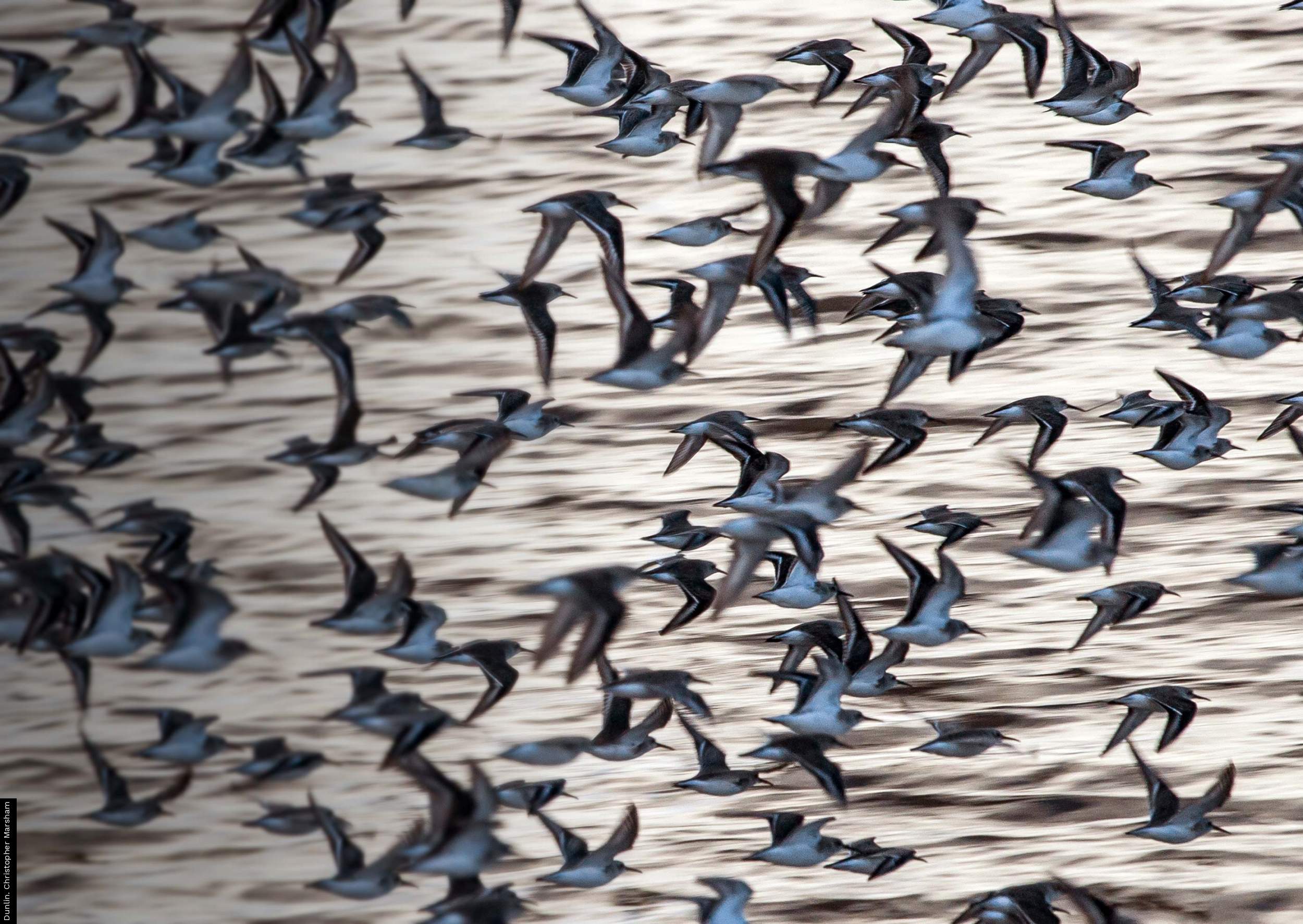
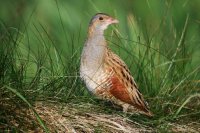
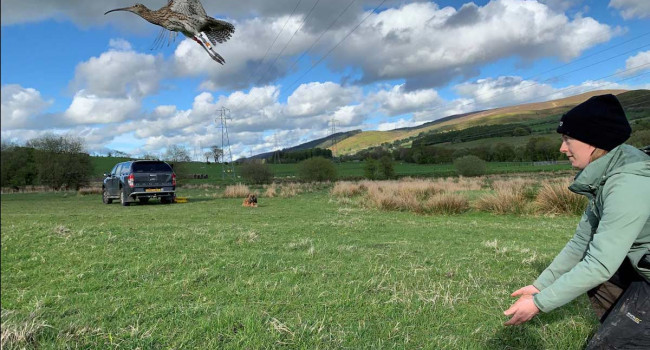
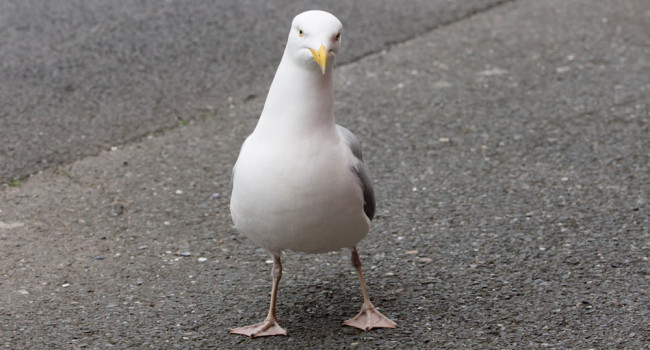
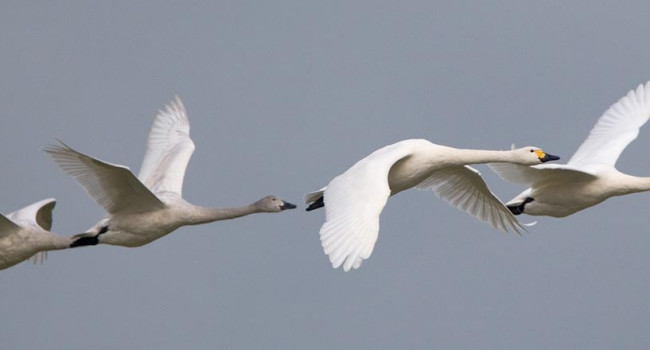

Share this page